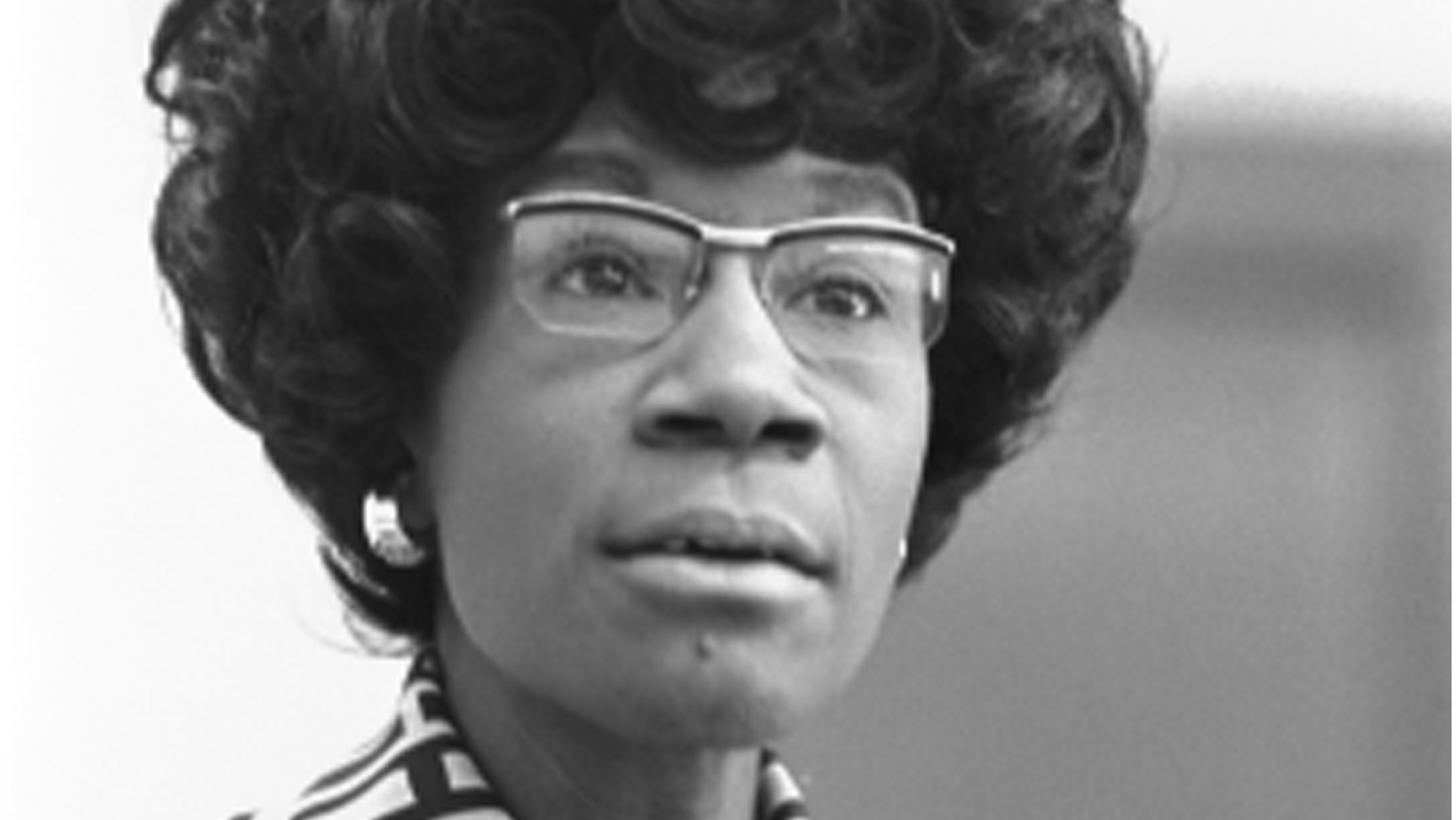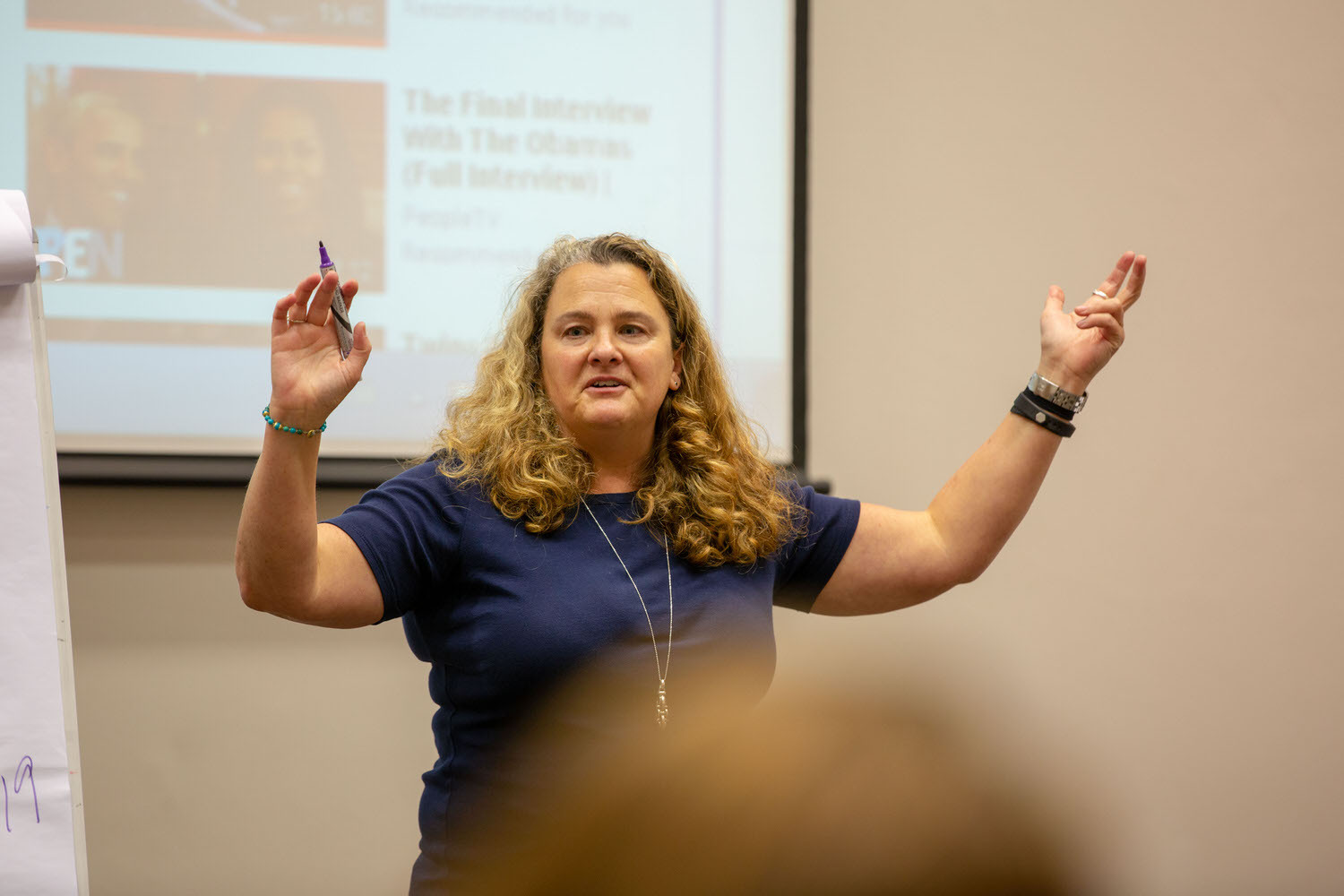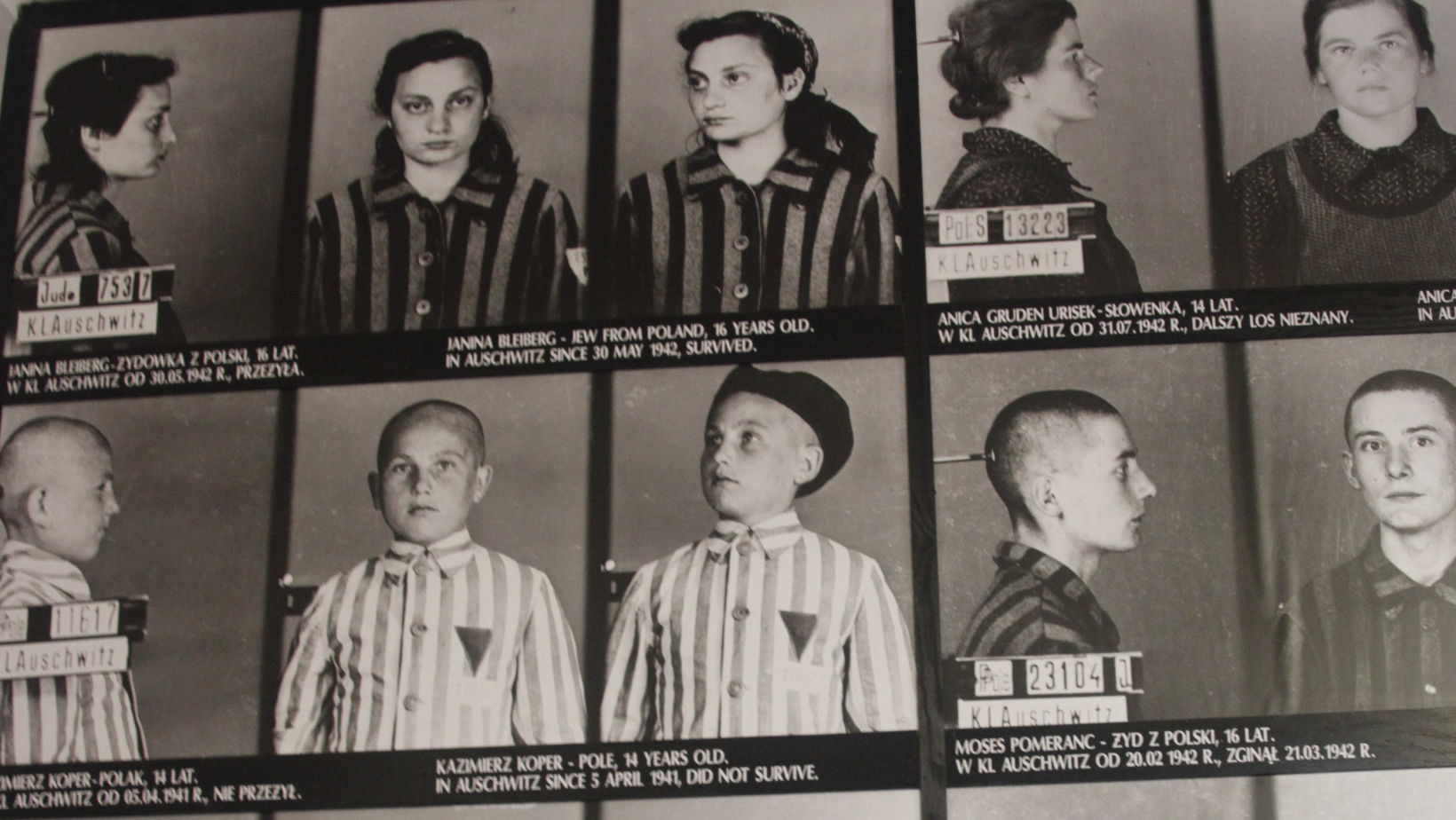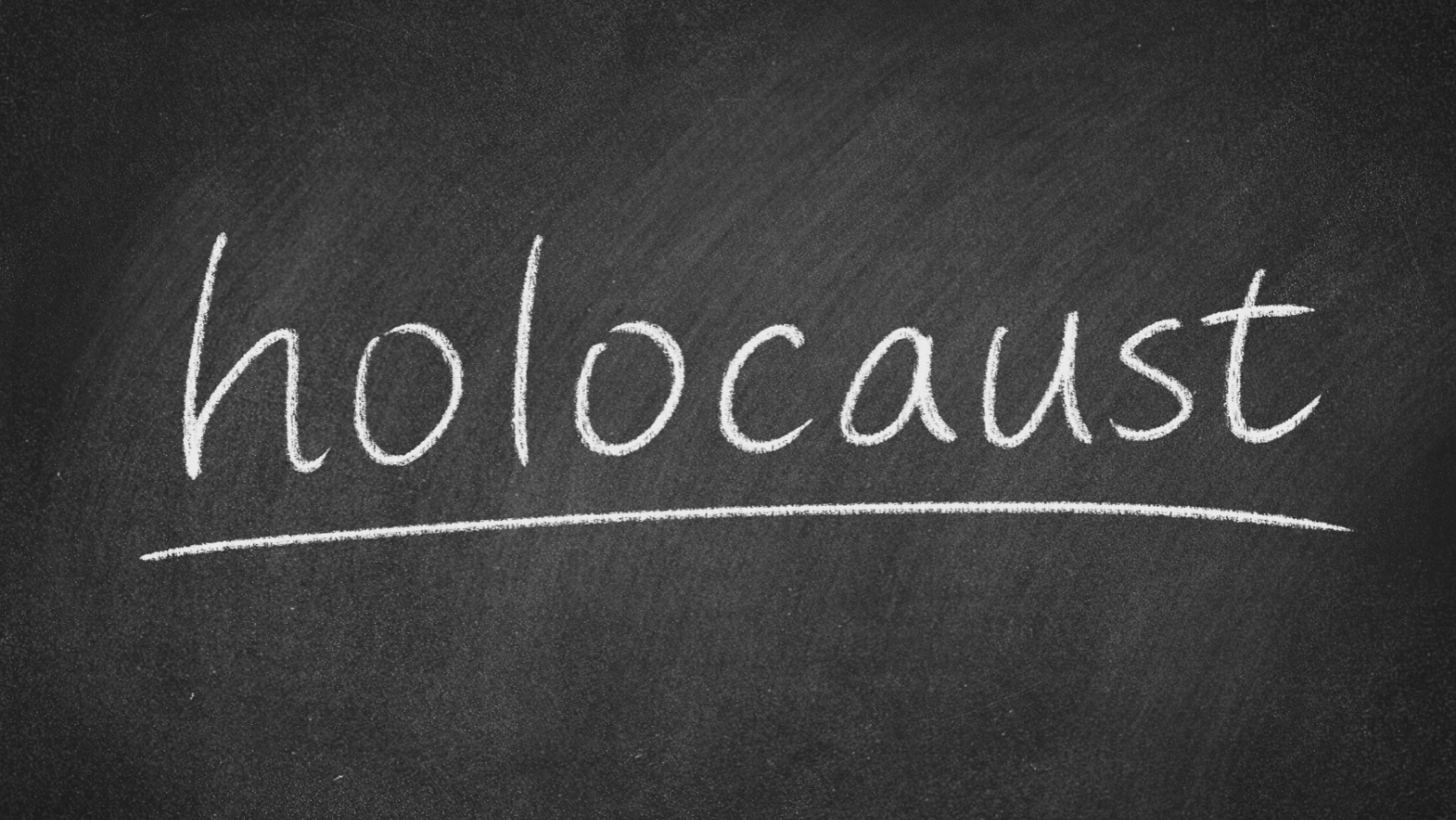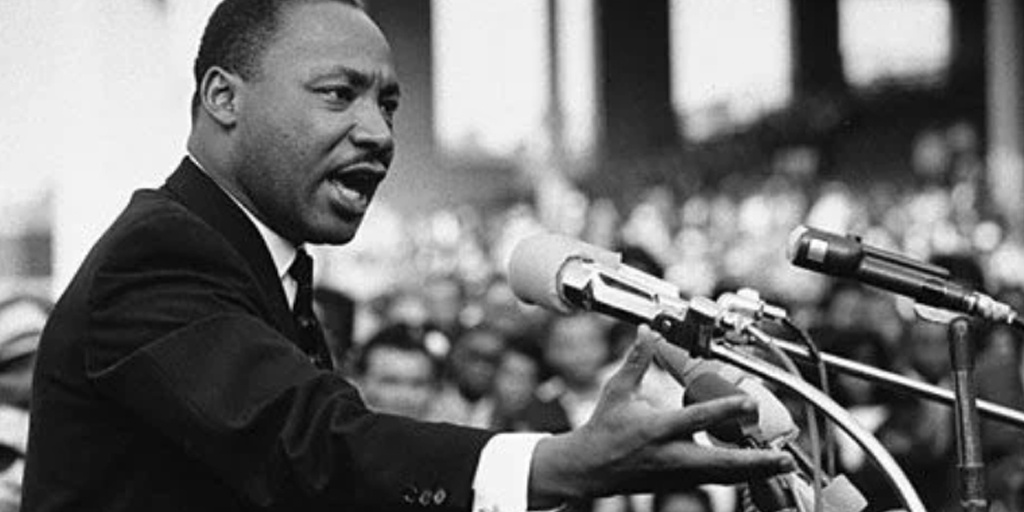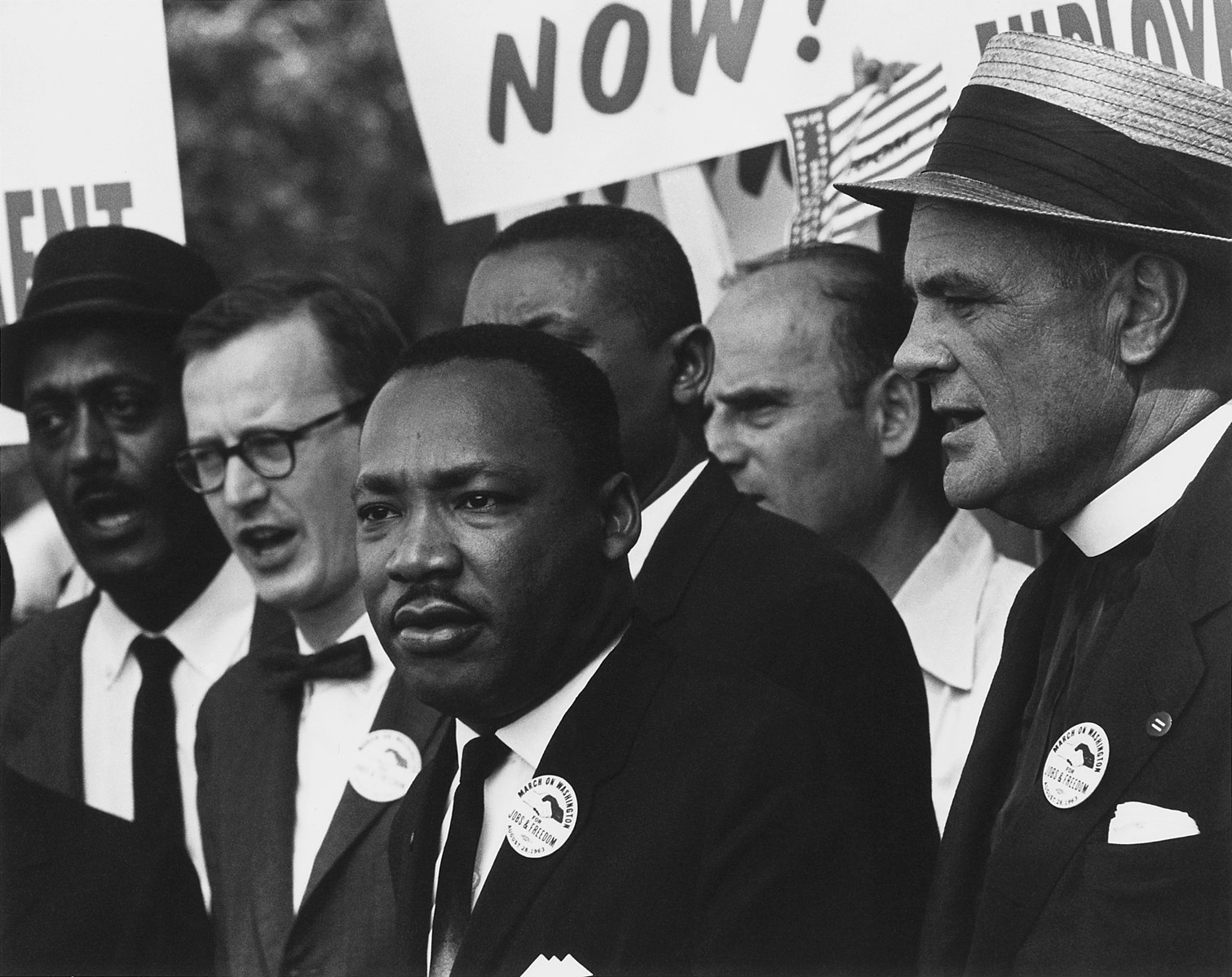Here at Facing History, we see heritage and awareness months as opportunities to deepen our knowledge of and attention to the histories and contemporary experiences of historically marginalized communities. However, the focus on celebrating these communities over one particular month can further marginalize the very experiences we are hoping to elevate. With this in mind, what follows is an invitation to engage with important themes raised by Black History Month this February and
throughout all of the months of the year.
Deep Dive into Black History: 13 Events + Resources for Educators
Posted by Kaitlin Smith on February 9, 2022
Topics: American History, Black History
Each year during Black History Month, the stories of figures like Dr. Martin Luther King, Jr., Malcolm X, and Rosa Parks are often elevated—and with good reason. These figures made contributions to Black history and, by extension, American history, that cannot be overstated. But there are so many significant Black historical figures who often don’t get as much air time. Learning about the larger systems and historical events that have played central roles in shaping Black history is vitally important, but it is also valuable to explore the individual lives, ideas, choices, and legacies of key figures in that unfolding story. Knitting these approaches together allows both educators and students to not only gain a deeper grasp of a given history, but also humanize the key actors and the unique worlds they inhabited.
Topics: American History, Black History
Here at Facing History, we see heritage and awareness months as opportunities to deepen our knowledge of and attention to the histories and contemporary experiences of historically marginalized communities. However, the focus on celebrating these communities during only one particular month can further marginalize the very experiences we are hoping to elevate. With this in mind, what follows is an invitation to engage with important themes raised by Black History Month this February
and throughout all of the months of the year.
Topics: Black History, Black History Month
Brown Girl Dreaming (2014) is Jacqueline Woodson’s celebrated coming-of-age memoir written with young readers in mind. Named one of TIME Magazine’s Best YA Books of All Time among countless other accolades, Brown Girl Dreaming recounts Woodson’s experience growing up as a young Black girl in Ohio, South Carolina, and New York during the era of Jim Crow as her sense of herself as a young woman and writer begin to take shape. While remaining grounded in her own personal and familial journey, Woodson gracefully touches upon a host of issues that continue to face the African American community, ranging from the health consequences of substandard housing to mass incarceration as they touched her own family, all written from the vantage point of herself as a child. Far from a one-note tale of woe, however, Woodson’s narrative glimmers with the abundant hope, love, and humanity that coexists with these phenomena in Woodson’s own heart, and in her circle of relatives and friends. Though her story includes themes likely to be relatable to most readers—such as feeling a lack of belonging in the place where she lives and her process of discovering her own unique brilliance in the shadow of a precocious sibling—it also highlights experiences unique to African American history, culture, and the nuances of Woodson’s own biography. This movement from universal to particular and back again makes Brown Girl Dreaming an ideal book to teach in the middle school classroom, and Facing History is offering a guide and live event with the author to help educators do just that.
Topics: American History, Literature, Black History
After 25 years of distinguished service to our organization, Dr. Karen Murphy, Facing History’s Director of International Strategy, will join our partner organization High Resolves as CEO of an initiative called The Human Responsibility Accelerator. Stay tuned for news of our deepening partnership with High Resolves. Today we invited Karen to share a bit of what she has learned in more than two decades at Facing History.
Topics: International
Tomorrow, Thursday, January 27th is International Holocaust Remembrance Day—a time to remember the 6 million Jews whose lives were stolen from this world, the impact on the global Jewish community forever transformed by these events, and also on all who witnessed or study it. On the 77th anniversary of the liberation of Auschwitz, the continuing urgency of genocide prevention around the world is clear. Despite the incontrovertibility of this historical record, Holocaust denial and the antisemitism that helps to drive it remain pervasive. Research released by the Claims Conference found that 49% of U.S. millennials and generation Z have seen Holocaust denial or distortion content online—and that one in five U.S. millennials and generation Z surveyed in New York believe that Jews caused the Holocaust. This toxic combination of ignorance allied with antisemitic hatred continue to permeate global consciousness, and teachers have an important part to play in turning the tide. As the group of remaining Holocaust survivors dwindles and their voices become less immediately accessible, innovative classroom strategies like using primary sources can help to bring their stories to life in ways that foster critical thinking, drive ethical reflection, and prepare the young person to navigate an increasingly fraught information landscape.
Topics: Holocaust and Human Behaviour
International Holocaust Remembrance Day is Thursday, January 27th. This is a day when we remember the 6 million Jews murdered in the Holocaust, their loved ones, and the ways in which this incalculable tragedy has transformed our world. It is also a time for educators to ensure their readiness to integrate instruction on the Holocaust into their annual teaching plans. Research released by the Claims Conference reveals alarming levels of ignorance amongst millennials and generation Z regarding the Holocaust, as well as profoundly harmful notions of Jewish culpability fueled by antisemitic hatred. Teachers have an essential role to play in disrupting these twin evils of ignorance and hatred, and Facing History materials are here to help educators invite students into this learning in middle and high school classrooms.
Topics: Holocaust and Human Behaviour, international holocaust remembrance day
Contracting and Re-Contracting in the New Year
Posted by Facing History and Ourselves on January 20, 2022
Contracting is an essential teaching strategy for aligning a group of students around shared values and practices. Elizabeth Carroll, New England Program Director at Facing History, recently wrote a piece on this crucial topic for the Massachusetts Civic Learning Coalition—a non-partisan coalition of nonprofits, educators, think tanks, universities, and other partners committed to preparing all students to become more civically aware and involved. Below is an excerpt from her piece on the value of contracting—as well as re-contracting—in January each year:
Topics: Teaching Strategy, Brave Space
Facing History on Martin Luther King Day: A message to our educators
Posted by Roger Brooks on January 17, 2022
Today, Americans across the country are observing Martin Luther King Day. It’s a moment for reflection and service; for considering the life and legacy of an extraordinary individual; and for recommitting ourselves to the unfinished work he championed. At a time of extraordinary bigotry and violence, Dr. King challenged all Americans to confront our history of racial discrimination, to open our eyes to injustice, and to be intentional about building a better future. His message – of clear-eyed understanding and unlimited possibility – is as resonant today as it was when he lived more than half a century ago.
Topics: American History, Black History
This Monday, we will celebrate Martin Luther King, Jr.’s transformative life and legacy. The day provides an important opportunity for students to study the Civil Rights Movement in the United States, as well as our country’s continuing struggle to create a more just society and representative democracy. Here are 9 Facing History resources that can help you reflect on your own teaching practices, teach the history of the Civil Rights Movement, and explore contemporary issues around racial justice and democracy in the United States.
Topics: American History, Black History


